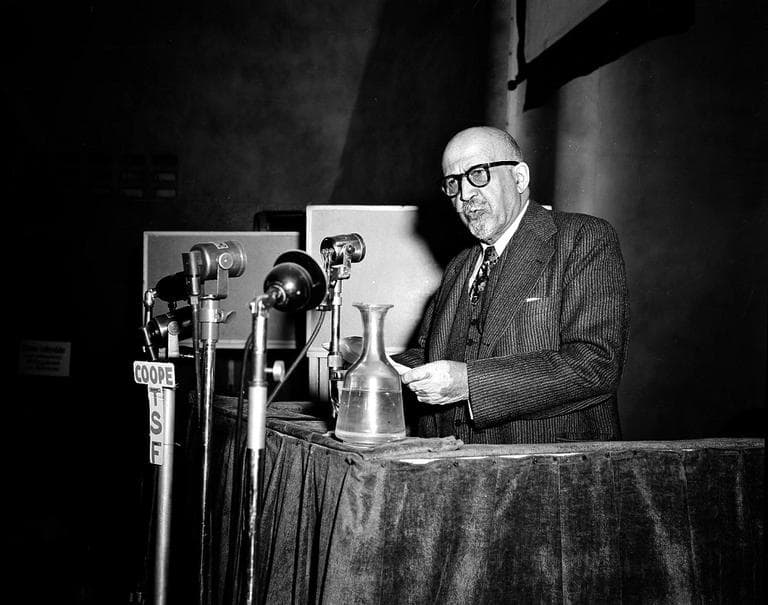Advertisement
David Levering Lewis On W.E.B. Du Bois's Visions For The U.S.

David Levering Lewis is a professor at New York University and one of the nation's pre-eminent historians. His definitive two volume biography of W.E.B. Du Bois won the Pulitzer Prize twice, one for each volume. In 2010, President Barack Obama awarded Lewis the National Humanities Medal.
It's this intimate scholarship of Du Bois — the Massachusetts born sociologist, activist and co-founder of the NAACP — that's caused Lewis to lift a basic criticism Du Bois offered of 1930s America and see how it settles across the landscape of the contemporary, recession-weary U.S.
More than 70 years ago, Lewis writes, Du Bois predicted two paths for the nation: one based on "freedom and intelligence for all men" and the other in service to "industry determined at any price to amass wealth and power."
How successfully the country has resolved these two antithetical versions of itself is the subject of Lewis's most recent paper that appears in Daedalus, the journal of the American Academy of Arts and Sciences.
David Levering Lewis joins Radio Boston to discuss his work.
Guest:
- David Levering Lewis, professor of history, New York University
This segment aired on June 7, 2012.